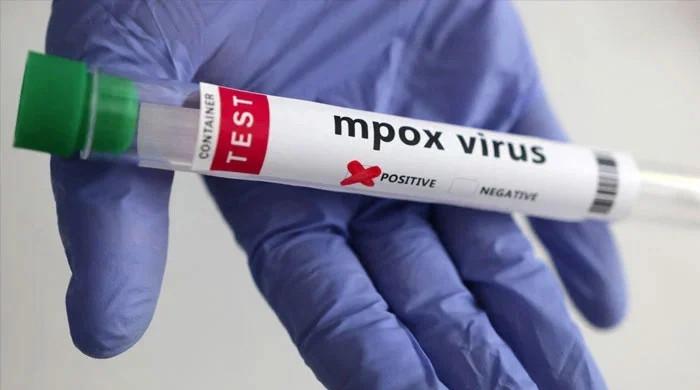Aspartame: Here are some more bitter realities of cancer-causing artificial sweetener
Experts reveal limited evidence of it causing cancer in humans and current insufficient evidence say need for more research on aspartame
July 14, 2023

As the World Health Organisation (WHO) termed widely used artificial sweetener aspartame a potential carcinogen — causing cancer — but experts suggested that it may be associated with other health hazards as it is heavily consumed through sodas and beverages.
Since the 1980s, aspartame has been a common sugar substitute used in diet beverages, ice cream, and chewing gum.
The International Agency for Research on Cancer (IARC), the WHO, and the Food and Agriculture Organisation (FAO) Joint Expert Committee on Food Additives (JECFA) jointly released the findings of their assessments of the hazards and risks associated with aspartame.
Experts revealed limited evidence of it causing cancer in humans and animals and mechanistic and the current insufficient evidence suggests the need for more research on aspartame consumption.
However, not only is there concern over cancer, but aspartame may also carry a number of health risks, such as headaches, digestive problems, allergic reactions, and cardiovascular problems.
Aspartame, an artificial sweetener 200 times sweeter than sucrose and used as a sugar substitute in food and beverage products, is generally safe for daily consumption.
However, there are reported health risks posed by aspartame consumption, including cancer, that are generally associated with high levels of consumption or specific health conditions, according to the Hindustan Times.
Dr Amit Bhargava, Director, of Medical Oncology, Fortis Cancer Institute, Vasant Kunj, shares a list of possible health risks that aspartame could cause:
Phenylketonuria (PKU)
Phenylketonuria (PKU), a rare genetic disorder, is characterised by the absence of the enzyme needed to break down the amino acid phenylalanine, which is present in aspartame.
Phenylalanine is a component of aspartame, and those who have PKU should avoid consuming it.
As a result, warnings for people with this condition are typically included on the labels of foods and beverages that contain aspartame.
Headaches and migraines
Aspartame sensitivity can cause some people to get headaches or migraines after consuming aspartame-containing products.
A lot of people can safely consume aspartame without developing headaches, and the scientific evidence linking aspartame to headaches is scant and inconclusive.
Allergic reactions
A rare but possible allergic reaction to aspartame can occur in some people. Hives, itchiness, swelling, breathing difficulties, and other allergic reactions are examples of symptoms.
It is critical to seek medical attention right away if you believe you may be experiencing an aspartame allergy.
Gastrointestinal issues
When aspartame is consumed in excess, it can occasionally cause gastrointestinal symptoms like bloating, gas, diarrhoea, or abdominal pain. Usually minor, these symptoms go away after aspartame intake is decreased or stopped.
Metabolic effects
According to some studies, consuming aspartame may have an impact on one's metabolism by altering one's insulin response or glucose metabolism.
More research is required to establish a definitive association because the available evidence is scant and inconclusive.
Risk of cardiovascular disease
According to some studies, artificial sweetener use may be associated with a higher risk of developing certain cardiovascular conditions, including heart disease, stroke, and high blood pressure.
Increased risk of depression
Artificial sweetener use has been linked in some studies to an increased risk of depression, which is thought to be brought on by how they alter serotonin levels and brain chemistry.
Weight gain
In terms of weight loss, artificial sweeteners are ineffective. In the long run, replacing free sugars with aspartame does not aid in weight management.
It has been demonstrated that the digestive process of aspartame results in the production of a substance called phenylalanine, which has been shown to interfere with the intestinal alkaline phosphate (IAP) enzyme, which, when it works properly, aids in the prevention of obesity, diabetes, and metabolic syndrome.
Aspartame may contribute to weight gain if consumed frequently because its breakdown results in the production of phenylalanine.
"It's worth noting that the above-mentioned risks are generally associated with high intake levels that exceed the acceptable daily intake (ADI) established by regulatory agencies," said Dr Bhargava.
"As with any food or additive, moderation is key, and it's advisable to follow recommended guidelines for aspartame consumption. If you have specific health concerns or conditions, it is always a good idea to consult with a healthcare professional or a registered dietician for personalised advice," added Dr Bhargava.











